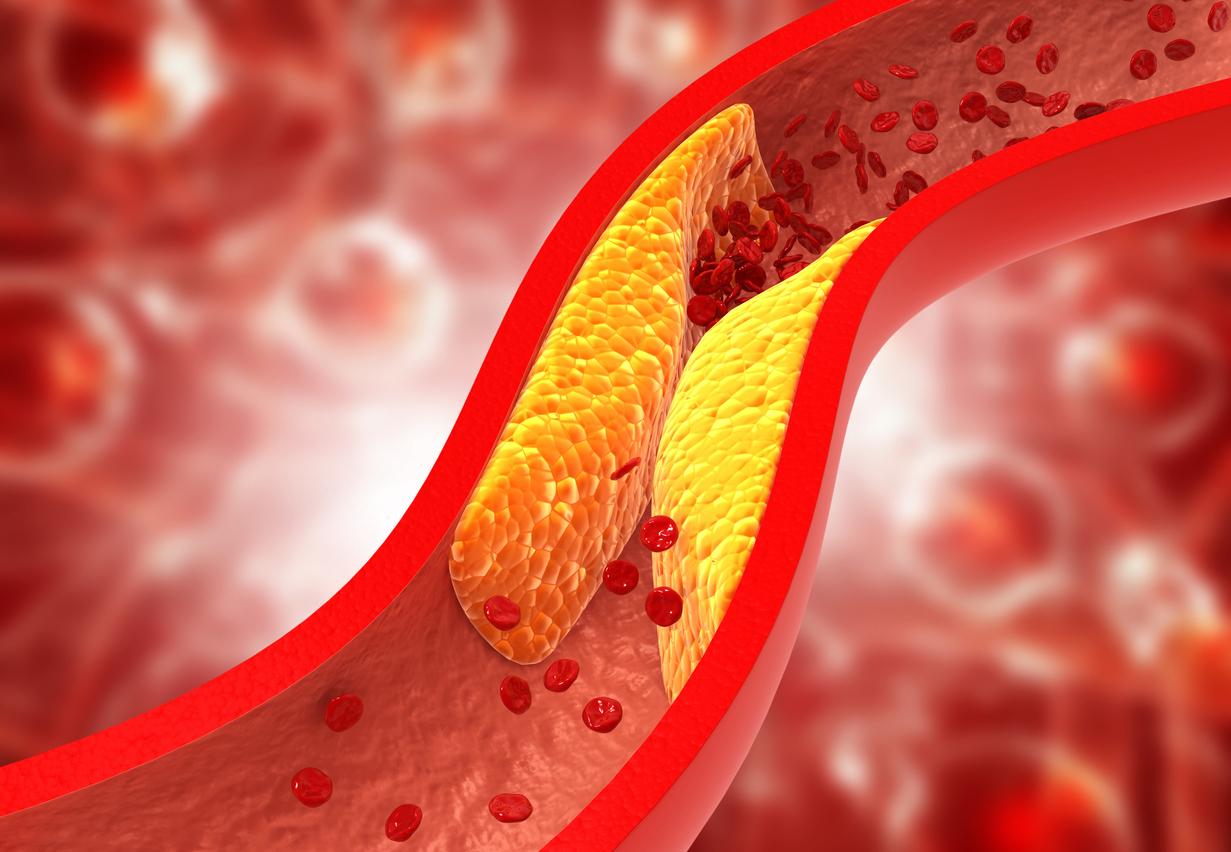A study calls into question the idea that butter should be replaced by vegetable oils to reduce cardiovascular risks.

For fifty years, doctors have recommended the use of vegetable oils to limit the harmfulness of butter on cardiovascular health. Saturated fats of animal origin are notably accused of raising bad cholesterol (LDL) levels. A study published in BMJ confirms this last fact, but contradicts the benefits of oils on mortality: on the contrary, vegetable oils could well be associated with excess cardiac mortality.
To achieve these results against the grain, researchers at UNC (United States) used raw data from a large randomized study from the end of the 1960s, the Minnesota coronary experiment (MCE), focusing on nearly of 10,000 people, and the results of which had been published in 1989.
“Upon closer examination, we realized that important analyzes planned by researchers at the time did not appear in the scientific article,” explains Dr. Daisy Zamora, researcher in the Department of Psychiatry at UNC. and lead author of the study published in BMJ.
Twice as many heart attacks
The results of this second analysis of the data confirmed the effect of lowering cholesterol in people consuming fats rich in linoleic acid (omega 6): sunflower, safflower, soybean, corn or cottonseed oils.
On the other hand, when analyzing the autopsy reports of the deceased, those in the “vegetable oils” group had twice as many causes of cardiac death as the others. And the people over 65 who died during the study were 15% more numerous!
“An underestimation of the risks”
The data recovered by the UNC researchers is not complete, however, as their recovery of the magnetic tapes kept by the son of the original study director was not complete. However, the new results obtained are consistent with other studies carried out, neither showing any beneficial effect of diets based on oils rich in linoleic acid.
“Taken together, our study leads us to believe that the incomplete publication of significant data on the replacement of saturated fat with oils rich in linoleic acid contributed to an overestimation of the benefits, and an underestimation of the risks,” concludes the Dr Zamora. These astonishing results will not fail to react cardiologists, and could well reopen research in the field.

.

















